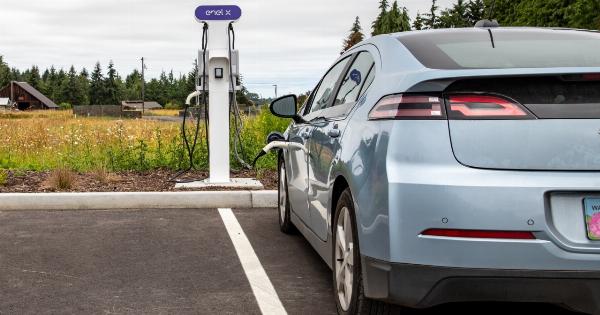As electric cars become increasingly popular, it’s important to ensure that your insurance coverage is adequate and up to date.
With their unique features and needs, electric cars may require specialized insurance coverage that traditional gasoline-powered cars don’t require. In this article, we’ll explore the various factors to consider when purchasing insurance for your electric car.
Factors to Consider When Purchasing Insurance for Your Electric Car
There are several factors you should consider when purchasing insurance for your electric car:.
Battery Replacement Cost
One of the biggest expenses associated with owning an electric car is the cost of replacing the battery. Unlike gasoline-powered cars, electric vehicles rely on rechargeable battery packs that have a limited lifespan.
When the battery pack reaches the end of its life, you’ll need to replace it, which can cost several thousand dollars.
When you’re purchasing insurance for your electric car, make sure that your policy covers the cost of battery replacement.
Some policies may only cover the depreciated value of the battery, which may not be enough to cover the entire cost of a new battery.
Charging Equipment Coverage
Another factor to consider is the coverage for charging equipment. Many electric car owners install home charging stations, and some policies may not cover the cost of repairing or replacing this equipment.
Make sure that your policy includes coverage for your charging equipment, or consider purchasing a separate rider or endorsement for this coverage.
Electric Car-Specific Perks
Many insurance companies now offer special perks for electric car drivers. For example, some insurers may offer discounts on your premium if you drive an electric car.
Additionally, some policies may cover the cost of alternative transportation, such as a rental car, while your electric car is being repaired.
Limited Range Considerations
Another factor to consider when purchasing insurance for your electric car is the limited range of these vehicles. While range is improving, electric cars still have a more limited range than gas-powered cars.
This means that you’ll need to carefully plan your trips to ensure that you don’t run out of power.
Many insurance policies offer a roadside assistance feature that includes towing to the nearest charging station if your car runs out of power.
Make sure that your policy includes this feature, or consider purchasing roadside assistance coverage separately.
Types of Insurance Coverage for Electric Cars
When purchasing insurance for your electric car, there are several types of coverage you should consider:.
Liability Coverage
Liability coverage is the minimum coverage required by law in most states. This coverage pays for damages to property or injuries to other drivers if you’re found to be at fault in an accident.
Make sure that your liability coverage is adequate for your needs, as it may not cover all damages in a serious accident.
Collision Coverage
Collision coverage pays for damages to your electric car in the event of an accident, regardless of who is at fault. This coverage may be required if you’re financing or leasing your electric car.
Make sure that your policy includes adequate collision coverage to avoid out-of-pocket expenses in the event of an accident.
Comprehensive Coverage
Comprehensive coverage pays for damages to your electric car that are not caused by an accident, such as theft, vandalism, or weather-related damage. This coverage may also include items such as glass repair or replacement.
Make sure that your policy includes comprehensive coverage to protect your electric car against all types of damage.
Uninsured/Underinsured Motorist Coverage
Uninsured/underinsured motorist coverage pays for damages to your electric car and injuries to you and your passengers if you’re involved in an accident with an uninsured or underinsured driver.
This coverage is especially important if you live in a state with a high number of uninsured drivers, or if you frequently drive in rural or low-income areas.
Conclusion
Overall, it’s important to ensure that your insurance coverage is up to scratch for driving an electric car. With their unique features and needs, electric cars require specialized coverage that traditional gasoline-powered cars don’t.
Be sure to carefully consider the factors above when purchasing insurance for your electric car, and make sure that your policy includes adequate coverage for all eventualities.





















